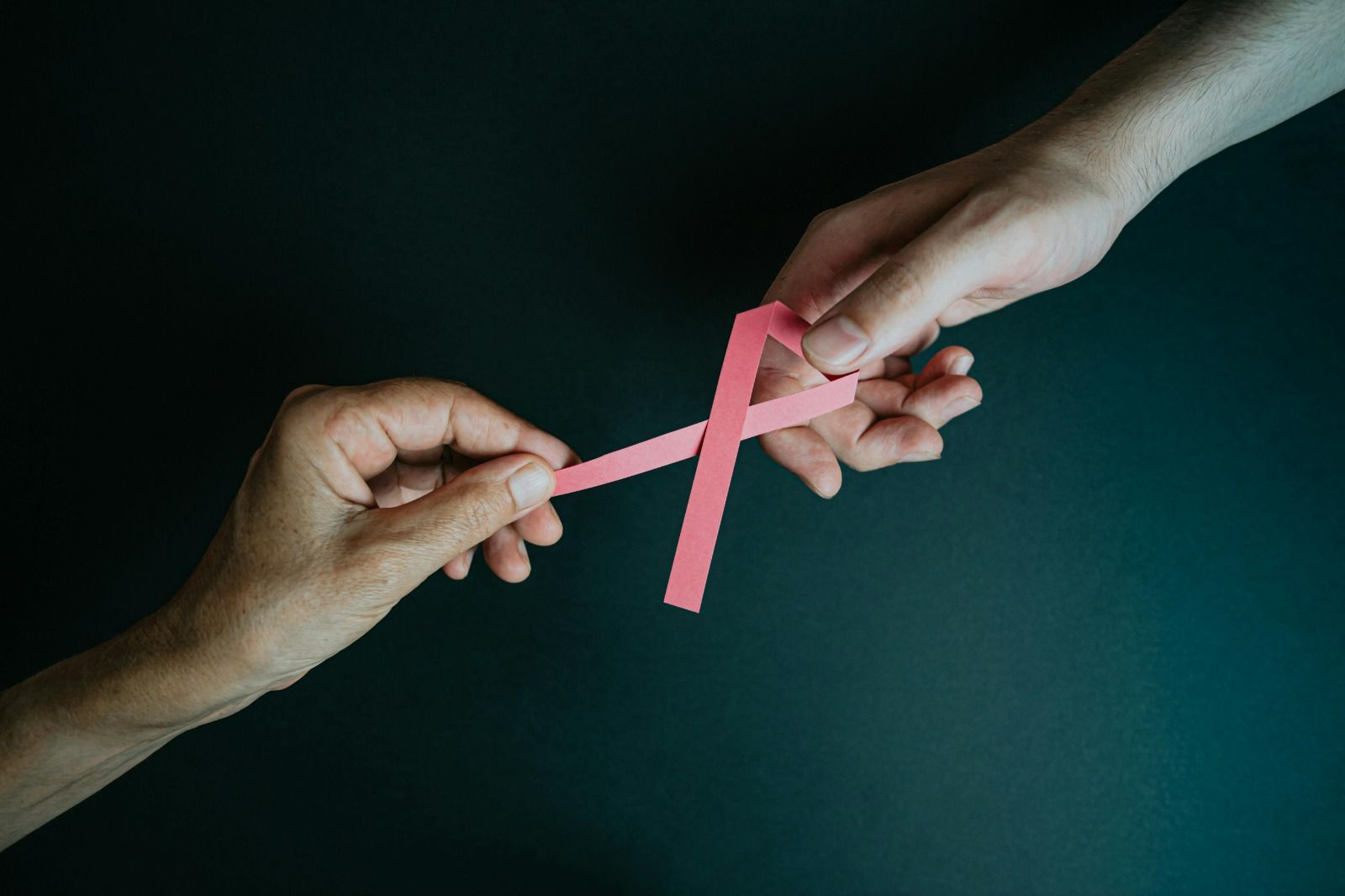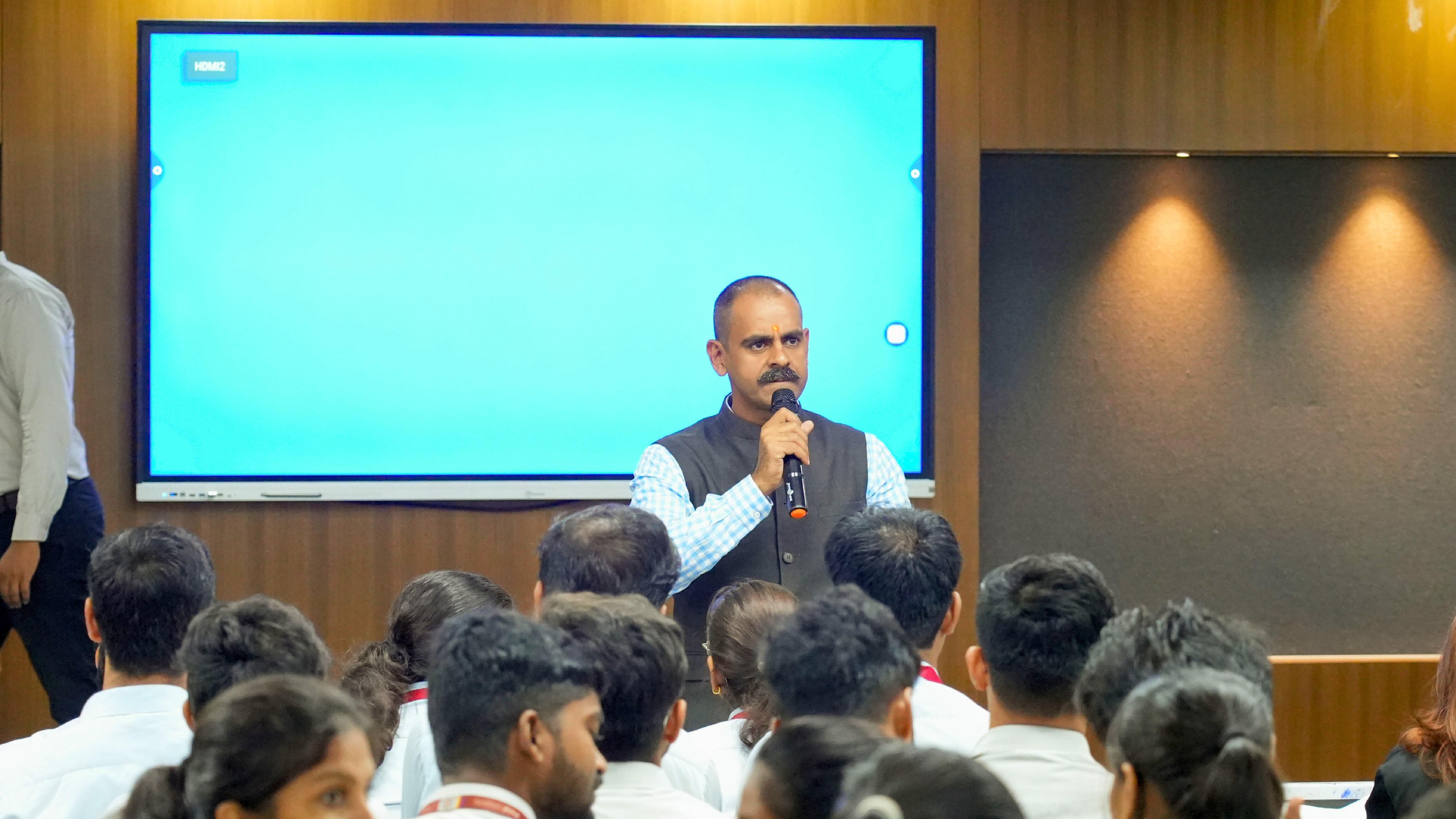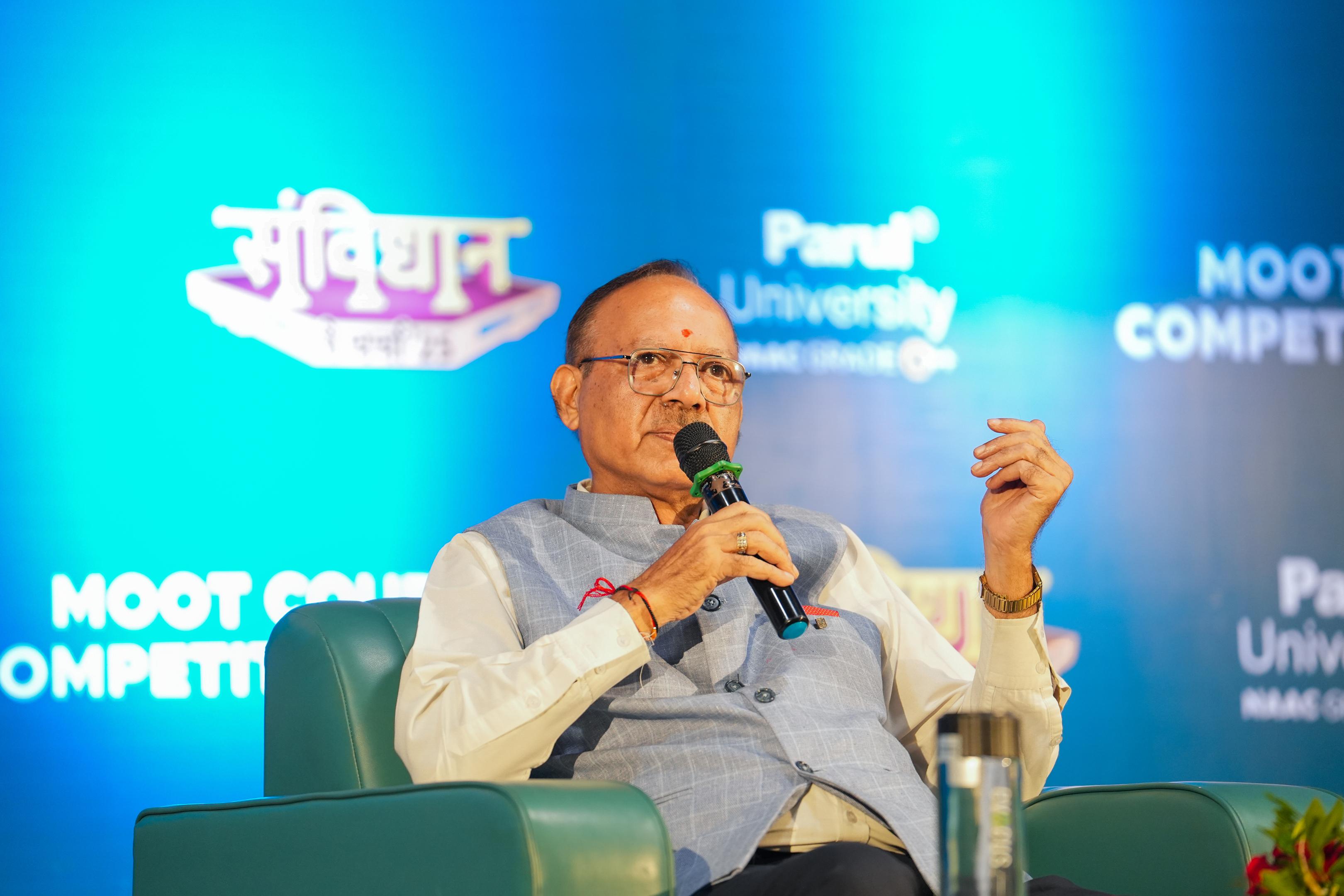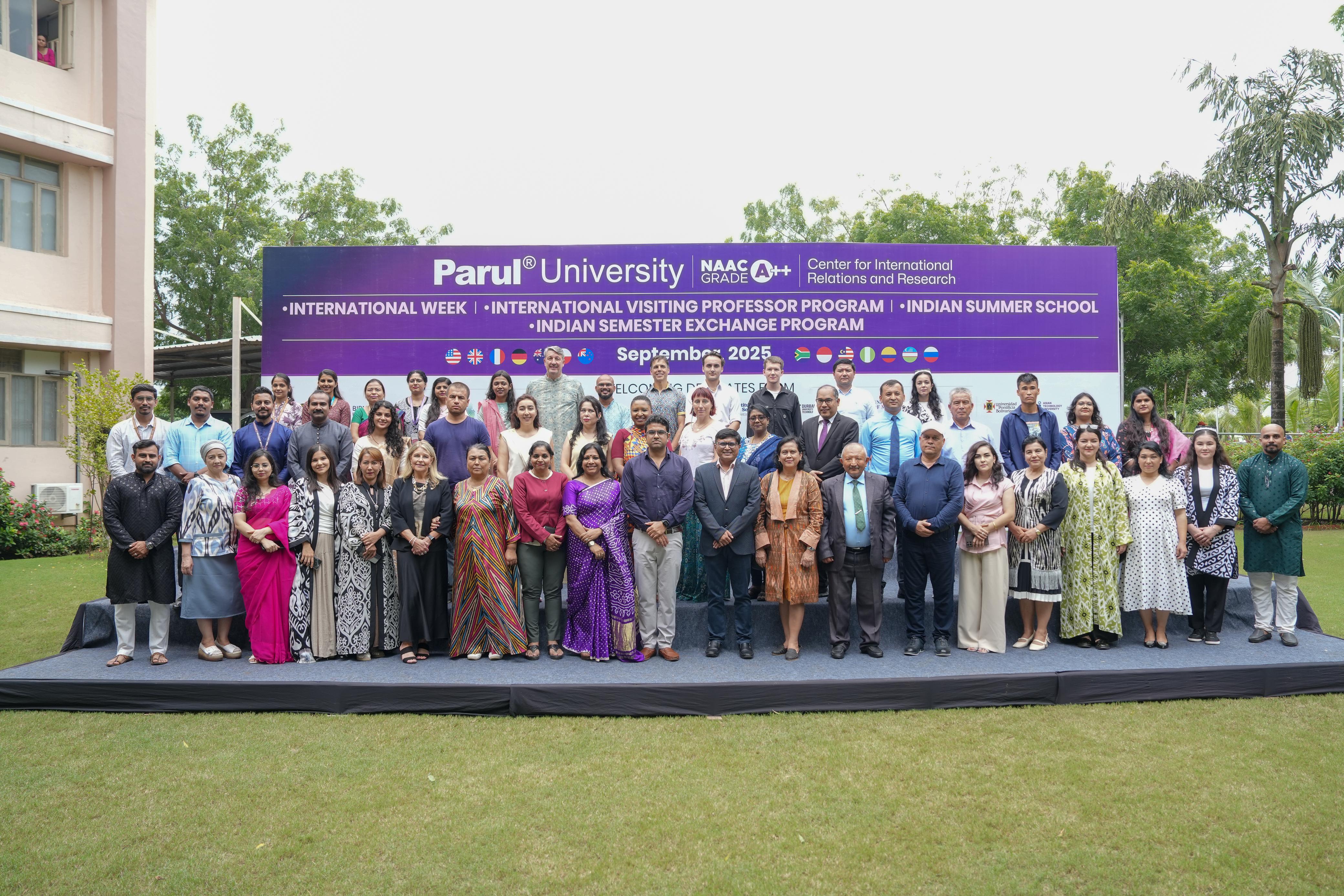What do aspirin, morphine, and Taxol have in common? They're all life-saving drugs derived from plants, and they represent just the tip of the iceberg. In laboratories across the world, scientists are racing against time to find better ways to treat breast cancer, which affects 2.3 million women annually. But what if the answer isn't in creating something entirely new, but in rediscovering?
Breast cancer is the predominant cancer type in women all over the world, and 2.3 million new cases are estimated annually (WHO, 2023). Breast cancer is the leading cancer type among women in India, alone for 14% of the total number of cancers, and one breast cancer is diagnosed every four minutes (National Cancer Registry Programme, ICMR). Although treatment has advanced, which has increased the survival rates, there are still obstacles, including drug resistance, toxicity, and accessibility, to name but a few.
"Somewhere, something incredible is waiting to be known." – Carl Sagan
It is on this background that Parul University takes the time to celebrate an incredible undertaking. The Department of Health Research, in the Ministry of Health and Family Welfare, Government of India, has offered Dr. Amaresh Mishra, Assistant Professor at the Parul Institute of Technology and Research and Development Cell, a research grant of ₹44,26,600.
The funded project, ‘Natural Compounds as a Novel Therapeutic Agent in the Treatment of Breast Cancer: an in Silico and in Vitro Approach’, proposes to investigate the development of natural bioactive compounds as an alternative therapeutic agent to breast cancer treatment. The project will be led by Dr. Mishra as the Principal Investigator, in collaboration with Dr.Nazneen Arif (Co-Principal Investigator), Scientist D, ICMR-NICPR, Ministry of Health & Family Welfare.
Although chemotherapy and hormone therapy are still considered the foundations of cancer treatment in breast cancer, they have serious side effects and inconsistent responses. The concept of plants and other natural compounds as a potential therapeutic agent has gained momentum over the last few years. It has been discovered that more than 60% of the existing cancer-fighting drugs are natural or indirectly derived from natural sources, and this research direction has tremendous potential.
This type of dual methodology enables efficiency and accuracy to a significant degree; therefore, it reduces the time and resources needed to discover viable drug candidates.
In India, breast cancer is noted to spread to over 1,78,000 new patients every year (Globocan 2022), and the death toll is high as a result of the delay in diagnosis and treatment. Such research aligns with global healthcare priorities and the mission of coming up with homegrown treatments and strategies for serious health issues.
This grant marks a significant milestone in Parul University’s research journey. It underscores the university’s growing role as a hub for cutting-edge medical and life sciences research with societal impact. Through fostering partnerships with top scientists and national research centres, the aim remains to give back to the healthcare community.
As natural sciences and technology converge, could the cure for one of humanity’s toughest health battles lie in what nature has already provided?
The stakes are only higher: breast cancer is the most prevalent cancer in women worldwide, claiming 685,000 lives each year globally (WHO, 2023). In India alone, estimated 1 out of 29 women develop breast cancer at some point in her life, and 70% of cases are diagnosed at their more advanced stages; the treatment is complicated and expensive. As this research progresses, we are reminded that the most groundbreaking pathways are often found in realizing what nature has been offering us all along.



.jpg)

.jpg)


